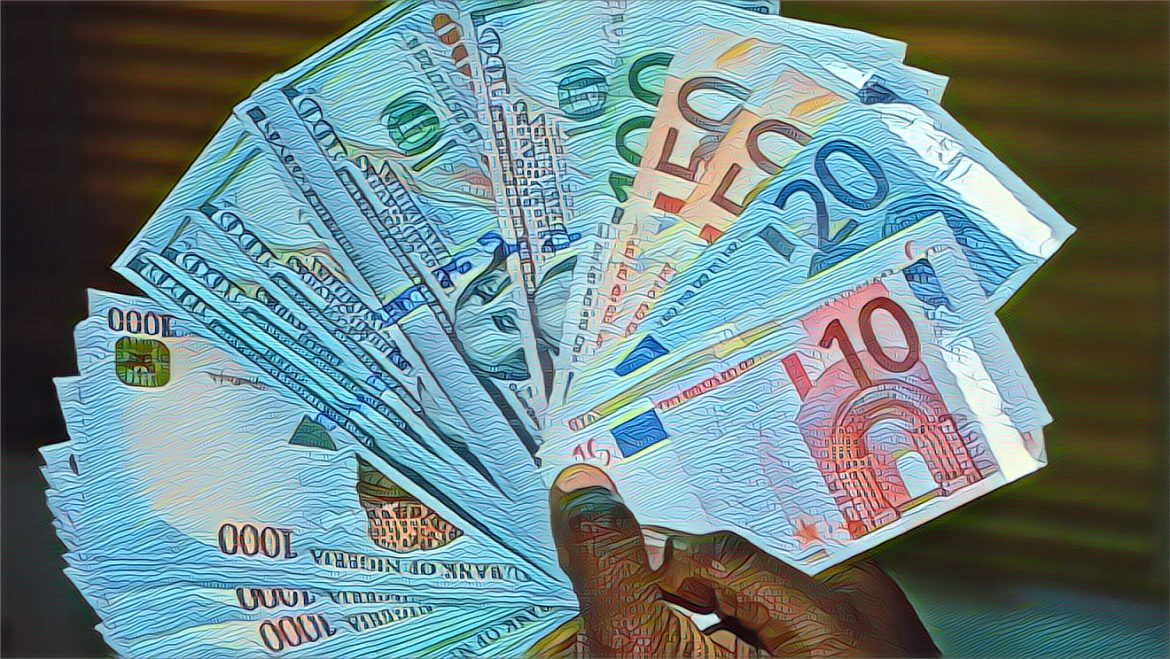Nigeria’s naira currency has fallen to a new low of N1040 per dollar in the parallel market, where most Nigerians buy and sell foreign exchange. This is according to a report by Nairametrics, a Nigerian business news website.
The report says that the naira’s depreciation is due to increased scarcity of dollars in the market, as demand exceeds supply. The report quotes forex traders who say they cannot source dollars from official channels, such as the central bank or the banks.
The official exchange rate, which is N776.8 to $1, shows a huge gap between what Nigerians are experiencing in the official and unofficial markets. The difference is now about 26%, or N265 to $1.
The naira’s decline has been worsened by the government’s inability to attract foreign exchange inflows needed to boost the country’s reserves and support the currency. The central bank has been struggling to defend the naira by depleting its reserves, which stood at $34.9 billion as of October 6, 2023.
The report also notes that the central bank is holding close to $20 billion in foreign currency swaps on behalf of banks, which means that the banks have borrowed dollars from the central bank and have to repay them in the future. This adds to the pressure on the naira, as the banks will need more naira to buy back the dollars.
The naira’s fall has also affected the peer-to-peer market, where Nigerians use bitcoin to exchange currency. The report says that buyers and sellers quoted about N1040/$1 on this platform. The same rate was also seen on foreign investment trading sites like Bamboo and Trove, where Nigerians can buy and sell stocks and other assets abroad.
The depreciation of the naira negatively impacts the Nigerian economy, which relies heavily on imports for many goods and services. It also affects the purchasing power of Nigerians, who have to pay more for imported items. The inflation rate in Nigeria was 17.01% in August 2023, one of the highest in Africa.
The government has been trying to address the forex crisis by implementing various policies, such as banning some items from accessing forex from the official market, introducing a unified exchange rate system, and encouraging local production and export diversification. However, these measures have not been enough to stem the tide of the naira’s fall.
Some analysts have called for more drastic actions, such as devaluing the naira further, liberalizing the forex market, or adopting a currency peg or a currency board system. However, these options also have their own risks and challenges.
The naira’s fate will depend largely on how the government and the central bank can manage the forex crisis and restore confidence in the economy. Nigeria has a huge potential for growth and development if it can overcome its current challenges and harness its abundant human and natural resources.
Source: Business Insider Africa


